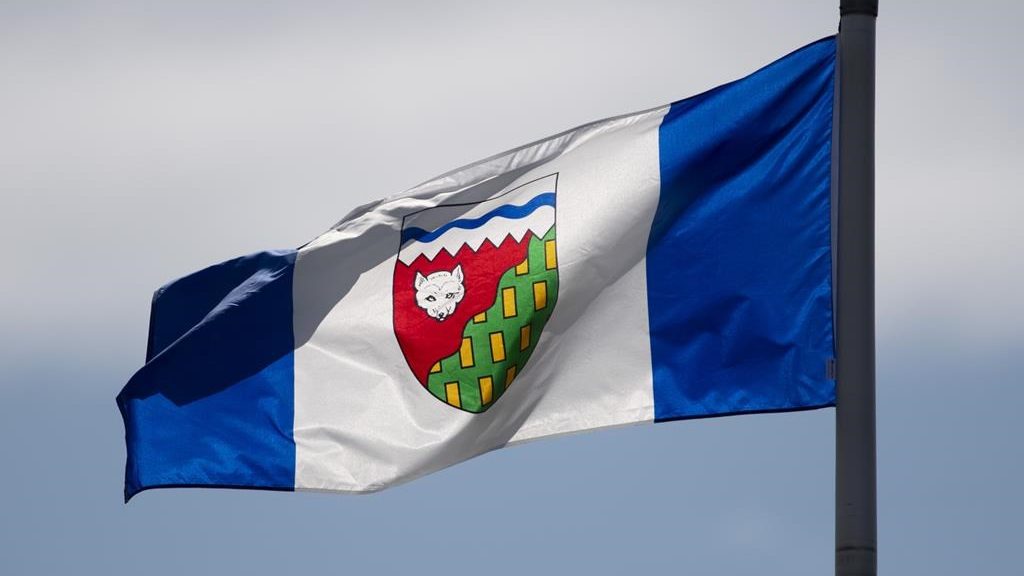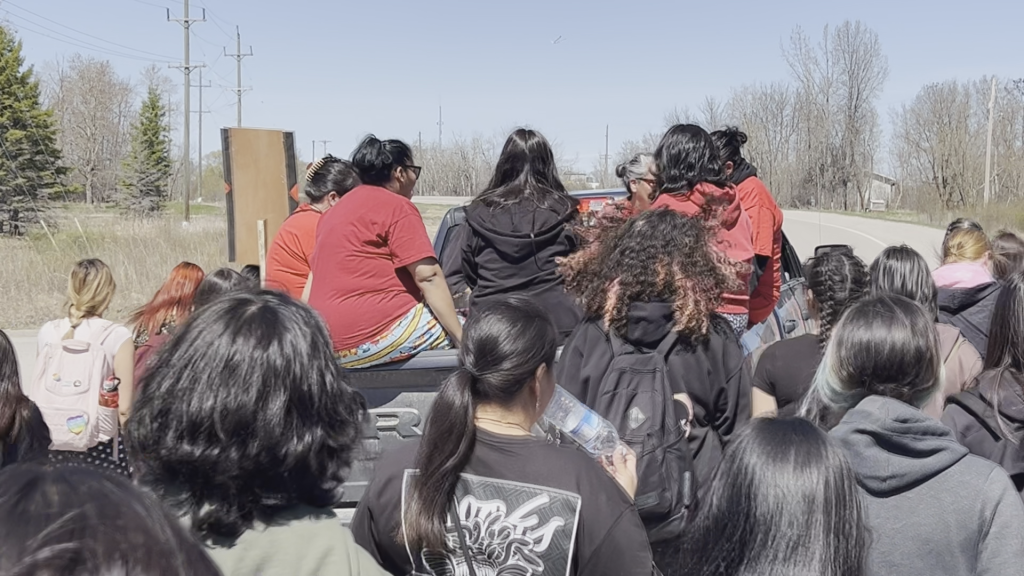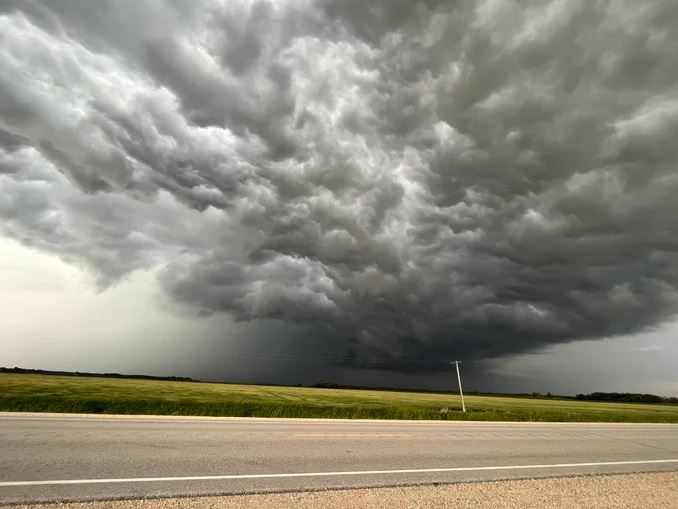Yellowknife declares state of local emergency due to wildfires

Posted August 14, 2023 9:13 pm.
Last Updated August 14, 2023 9:23 pm.
The City of Yellowknife has declared a state of local emergency due to surrounding wildfires.
The declaration was passed at an emergency council meeting Monday evening, and the city says in a tweet it will ensure the community “can exercise precautionary practices and acquire the equipment and resources needed to keep Yellowknife safe.”
“This is called when a community government determines additional powers are needed to take immediate action in an emergency,” the city said of the declaration. “This includes taking over the use of vehicles or property to respond to the emergency, causing an evacuation for all or a portion of the community, or authorizing qualified individuals to provide services or aid in emergency responses. Please note the City is NOT declaring an evacuation alert, notice or order by declaring this.”
The City has declared a State of Local Emergency under the NWT Emergency Management Act for our community at this time to ensure it can exercise precautionary practices and acquire the equipment and resources needed to keep Yellowknife safe from the surrounding wildfires. pic.twitter.com/s5i1vzLAv8
— City of Yellowknife (@OurYellowknife) August 15, 2023
On Sunday, winds pushed flames through a firebreak and within 30 kilometres of the territorial capital.
The city is not considered threatened, but the air is smoky and residents have been told to prepare to leave.
The state of emergency comes as hundreds of people from three widely spaced communities in the Northwest Territories are being flown to safety due to flames.
Related articles:
-
Devastating 2023 Canadian wildfire season sets multiple records: feds
-
Homes in Northwest Territories lost in wildfire, road closed: fire agency
NWT Fire Information Officer Mike Westwick says the territory has never seen anything like it.
“Over the past 12 to 18 hours, or 24 hours or so, there’s been an airlift like this territory has never seen. Planes flying out of Hay River, planes flying out of Fort Smith, planes flying out of Jean Marie River. Highways have been compromised. It’s a very serious situation here,” Westwick said.
Meanwhile, the Canadian Armed Forces have been deployed to the Northwest Territories to help deal with the wildfires.
A National Defence spokesperson says a reconnaissance team was on the ground in the community along the south shore of Great Slave Lake. She did not say how big the team was, nor what equipment or capabilities they were bringing with them.
By Tuesday, 124 soldiers are expected to be mobilized to the area. About 100 are to be engaged in mop-up and patrol operations when wildfires have been contained, with the remainder co-ordinating logistics. In the air, the Forces are to contribute a helicopter and a Twin Otter airplane.
The military deployment is set to last until Aug. 29.
“The mobilization of the Canadian Armed Forces will ease the stress on the territory’s resources and allow the (territory) to continue to provide essential services to evacuees during this unprecedented wildfire season,” N.W.T. Premier Caroline Cochrane said in a news release.








